- Joined
- Jul 13, 2007
- Messages
- 5,310
Just a follow up so as not to derail the bully thread. Can you tell me if it's possible to rehabilitate a parrot that has been either abused or neglected? I saw a very controversial ad in a local Craigslist saying that a person was selling a 12 year old Hyacinth Macaw male for $15,000 for breeding purposes only, as the bird was not tamed at all and could not be handled. I suspect there was more to the story than that though, as there was mention of "haters" and FB groups.
I love birds, and know my home is not right for one, but I am curious to know about this topic. Can birds ever be rehabilitated? I am not sure how I feel about the larger birds like Macaws being in captivity, but what about the smaller parrots. They seem to always be up for rehoming. Can rehoming be successful, or do birds get "broken" in a way that can never be fixed. Just curious.
I love birds, and know my home is not right for one, but I am curious to know about this topic. Can birds ever be rehabilitated? I am not sure how I feel about the larger birds like Macaws being in captivity, but what about the smaller parrots. They seem to always be up for rehoming. Can rehoming be successful, or do birds get "broken" in a way that can never be fixed. Just curious.





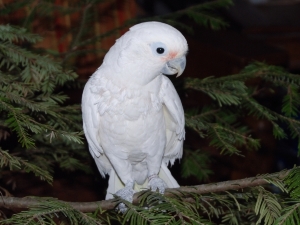
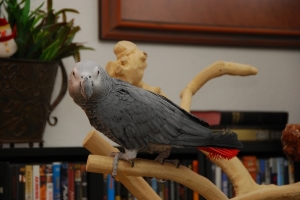
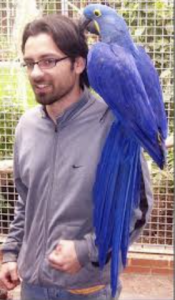
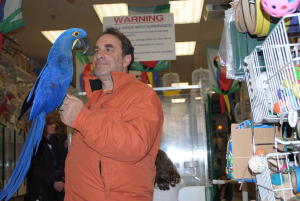
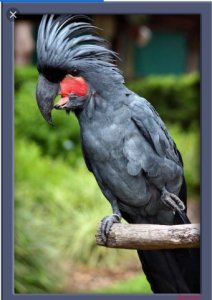
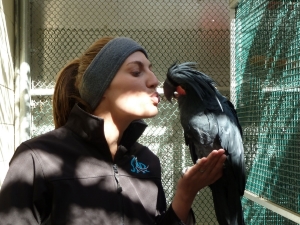
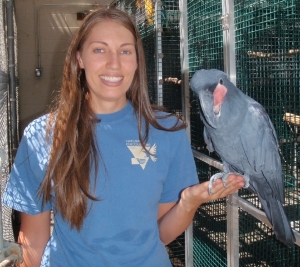
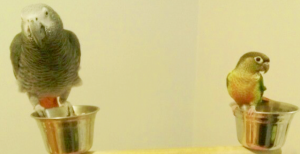
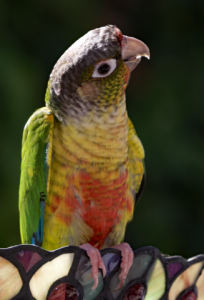
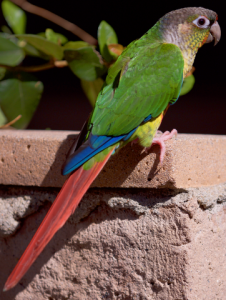
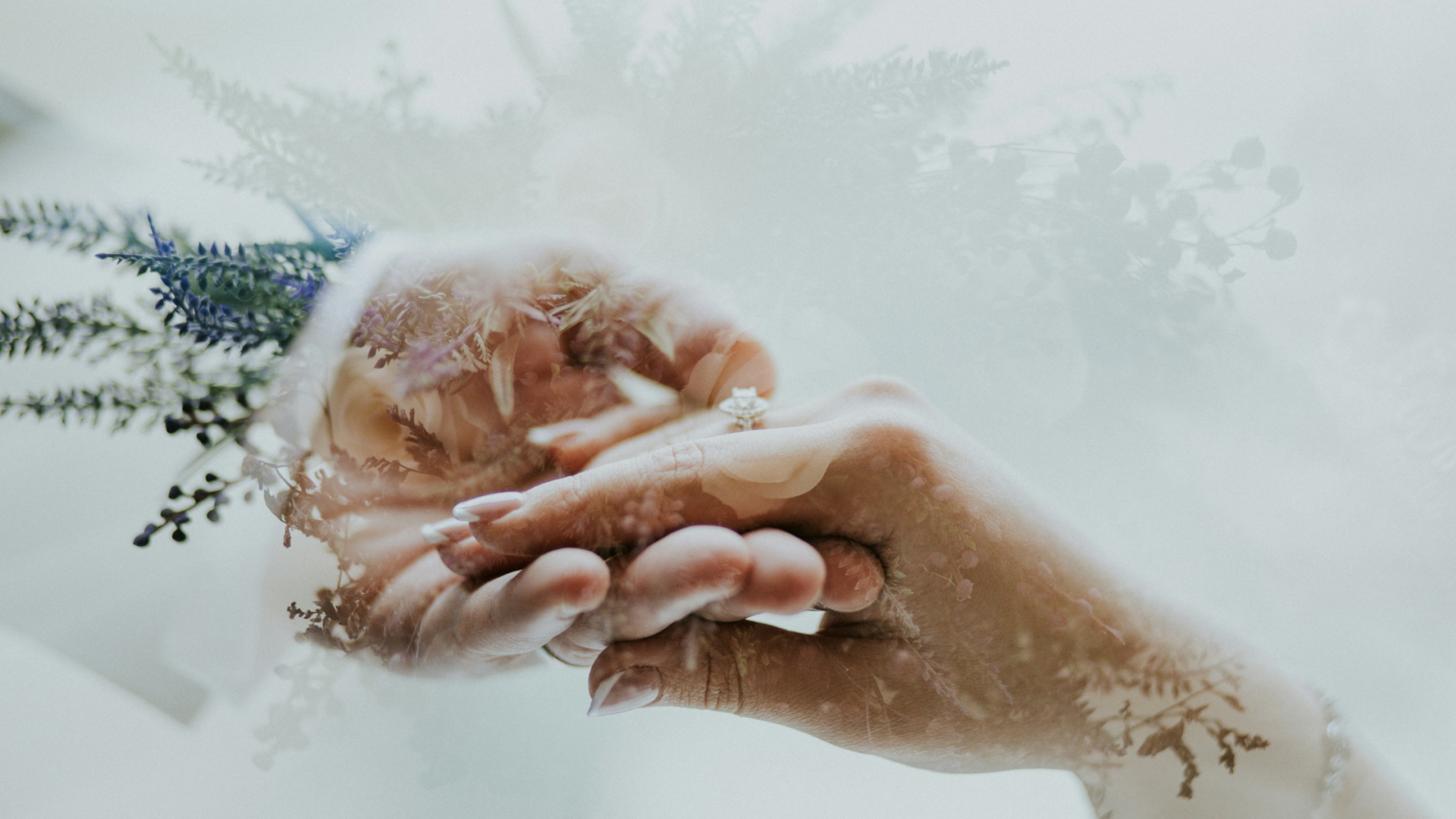

300x240.png)